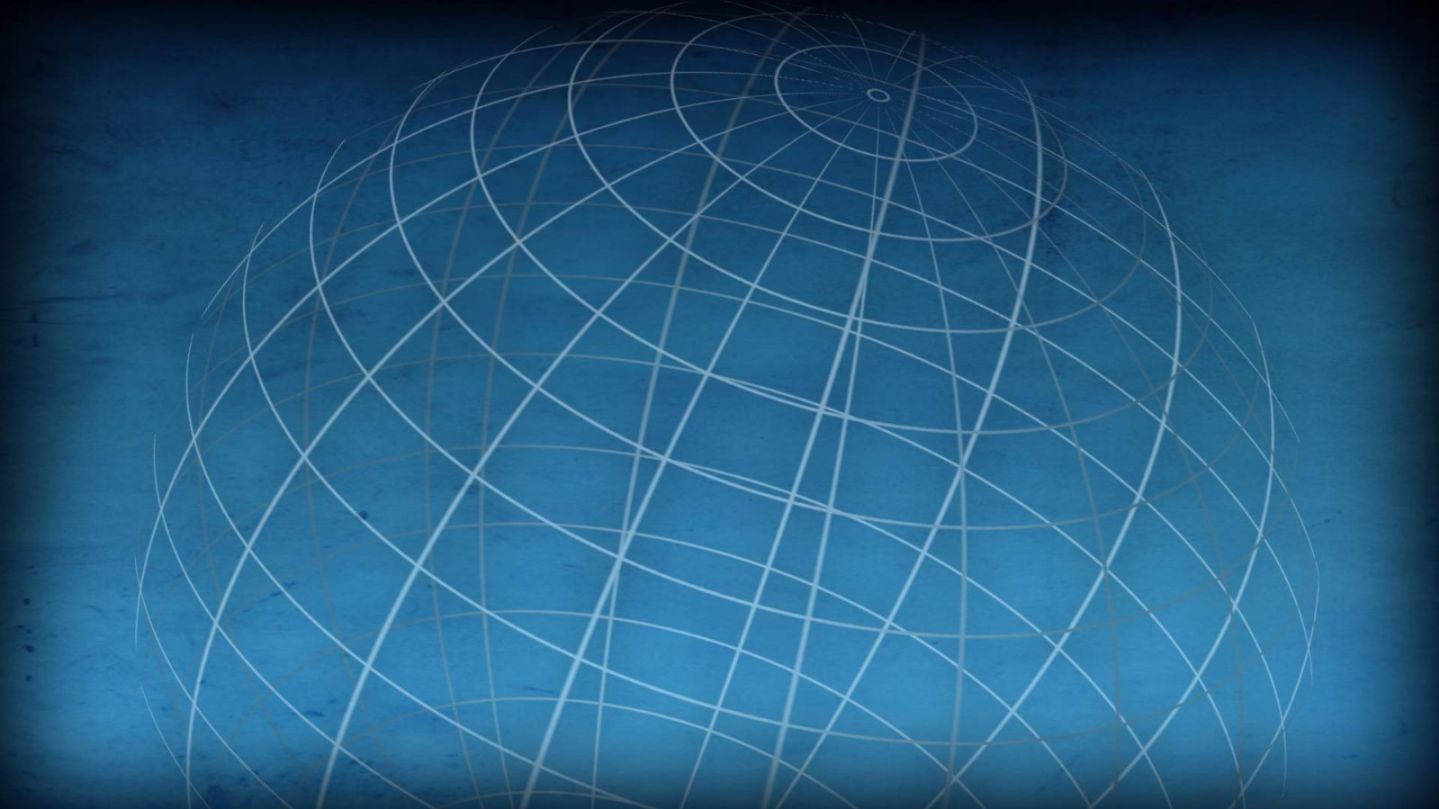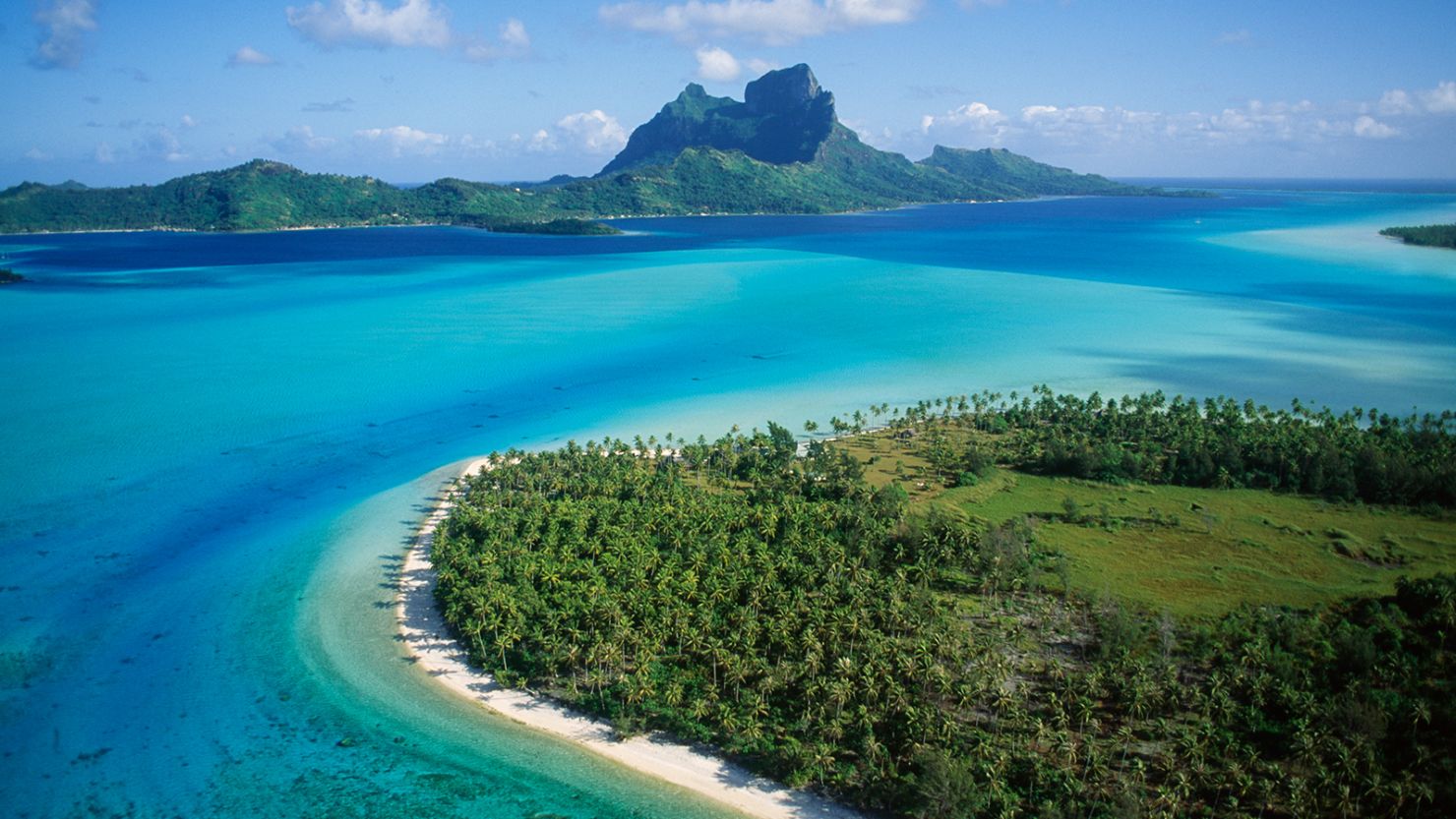As the largest ocean in the world, the Pacific is home to more than 2 million people across 22 countries and 30,000 islands. But with a warming planet and rising sea levels, countless ancestral homes, biodiverse ecosystems, and traditional ways of life are increasingly becoming more endangered.
“The single greatest threat to our very existence is climate change,” said former Fijian Defense Minister Inia Seruiratu in 2022. “It threatens our very hopes and dreams of prosperity.”
At least five islands have already been lost to the sea. Some Pacific Islanders have had to leave as climate refugees. But for the communities that remain, many organizations are helping to advance climate justice, sustainability, and conservation on the frontlines of the crisis.
Global Greengrants Fund
Global Greengrants Fund issues hundreds of grants every year to grassroots environmentalists around the world, including across the Pacific Islands. Founded in 1993, the non-profit connects resources with local leaders to promote environmentalism, natural resource protection, and indigenous communities. Funded projects in the region include restoring fresh water access in rural Micronesia, reviving endangered mangrove forests in Papua New Guinea, and rebuilding parts of Vanuatu after Cyclone Pam.
Malama Kai Foundation
For more than 25 years, Malama Kai Foundation has protected Hawaiian marine and coastal resources. Headquartered on the Big Island, the non-profit partners with government agencies, businesses, academia, and other conservation groups with initiatives like keeping coral reefs safe from anchor damage by boats. The foundation also runs a hands-on education program to teach about sustainability.
MarAlliance
MarAlliance works in tropical seas around the world, including the Federated States of Micronesia in the western Pacific. The organization researches threatened marine wildlife to promote habitat conservation. Projects in the region include studying the impact of sharks on local fisheries and the behavior of coastal manta rays. The organization also created a market for sustainably sourced seafood.
Te Mana O Te Moana
Te Mana O Te Moana cares for sea turtles in French Polynesia, rehabilitating sick and wounded animals, monitoring nesting sites, and collecting data. At their care facility that’s open to the public, the non-profit reports more than half of the turtles they help arrive injured, usually at the hands of humans from things like speargun fishing or fishing nets. Launched in 2004, the organization also operates educational programs and advocates for the Polynesian marine environment.
WWF
Founded in 1961, the WWF (World Wide Fund for Nature) is one of the largest and oldest conservation organizations in the world. With offices in the Solomon Islands, Papua New Guinea, and Fiji, WWF’s work in the Pacific aims to protect the region’s “exceptionally rich marine biodiversity” and the culture and heritage of island communities. WWF Pacific programs include tackling climate change; protecting turtles, whales, sharks, and other sea life; promoting sustainable offshore fisheries; and helping tourism in the region become more energy efficient.






